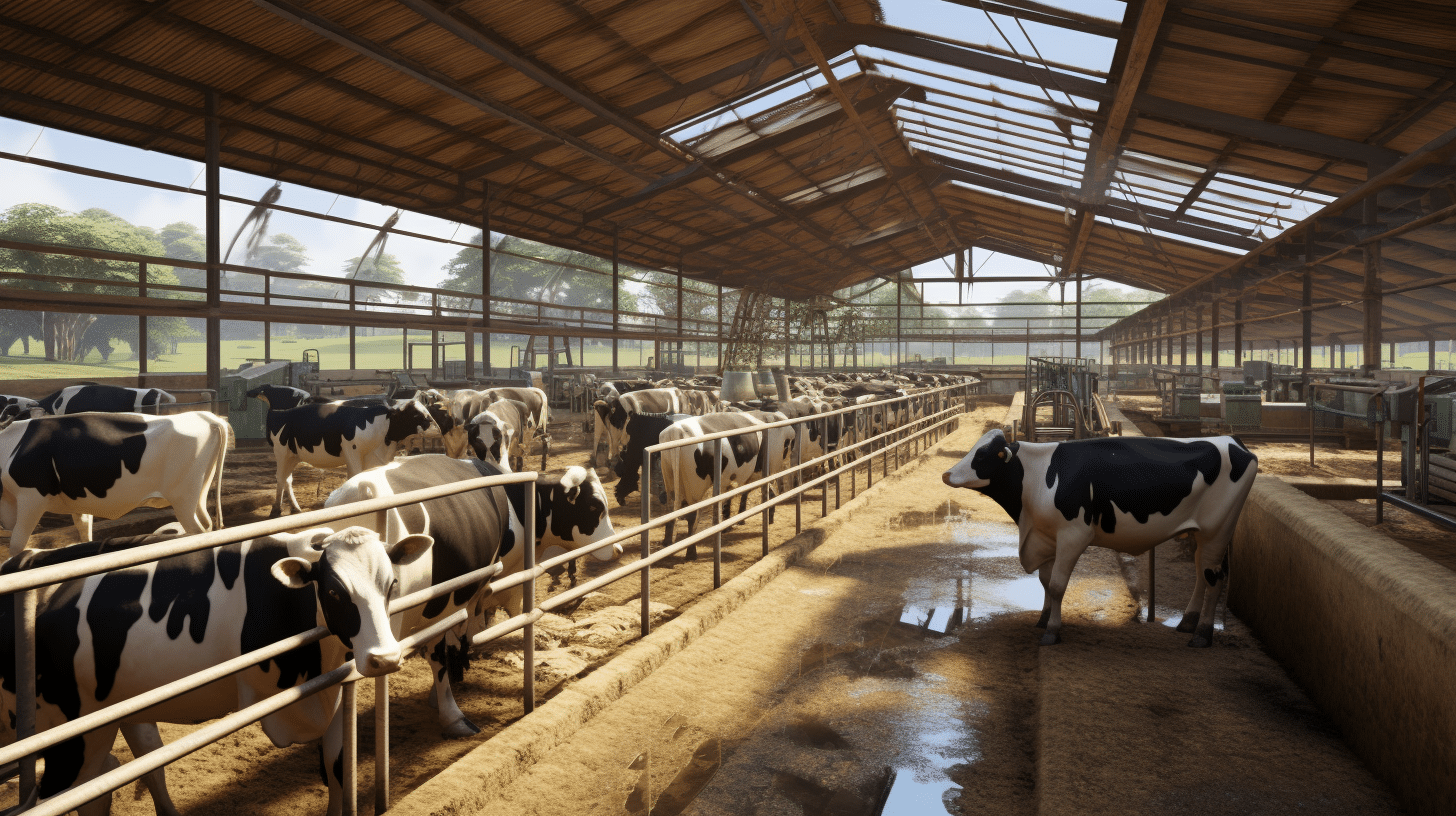Dairy farming is one of the most profitable types of farming in Kenya. This has been attributed by high consumption of dairy products such as milk, meat and others. Almost all Kenyans rear animals at home so as to get milk which is majorly used to make tea.
Although dairy farming is practiced in many parts of Kenya, large scale dairy farming is practiced in highland parts of Kenya because this is the place that favors new species of cows. Since, dairy farming is the most profitable farming in Kenya, there is need to improve its productivity in Kenya to ensure production of high produce.
There are many ways in which one will ensure that there is improvement in dairy farming in Kenya. First, you must begin with choosing of quality animal husbandry. To ensure that you have quality animals for dairy farming, you need to begin with the government vet and you can find them by visiting the Kenya agriculture institute of research (KARI). You also need to visit the animal consultants for more advice.
Another thing is that, you must put the welfare of dairy cow as your topmost priority. This does not mean you leave your job aside, it means that for you to expect a lot of milk production from a cow, you need to take care of that cow very well in terms of feeds.
Those who want to buy dairy cows in Kenya; they should ensure that they buy dairy cows wisely because they might cows which are already infected with mastitis. Young non lactating cows are more preferable because they are less likely to be exposed to mastitis.
If you are involved in large scale dairy farming in Kenya, you must ensure that all the staffs employed are highly trained so that they replicate that in dairy farming by giving high output. If you do not employ trained workers will expect low yield.
The last concept is that dairy farmers must ensure that cows are kept clean at all cost. This should be done by ensuring that the cattle sheds are kept clean daily. The cows should also be immunized to prevent infection because once the cows are infected; it will require a lot of money for treatment.



0 comments